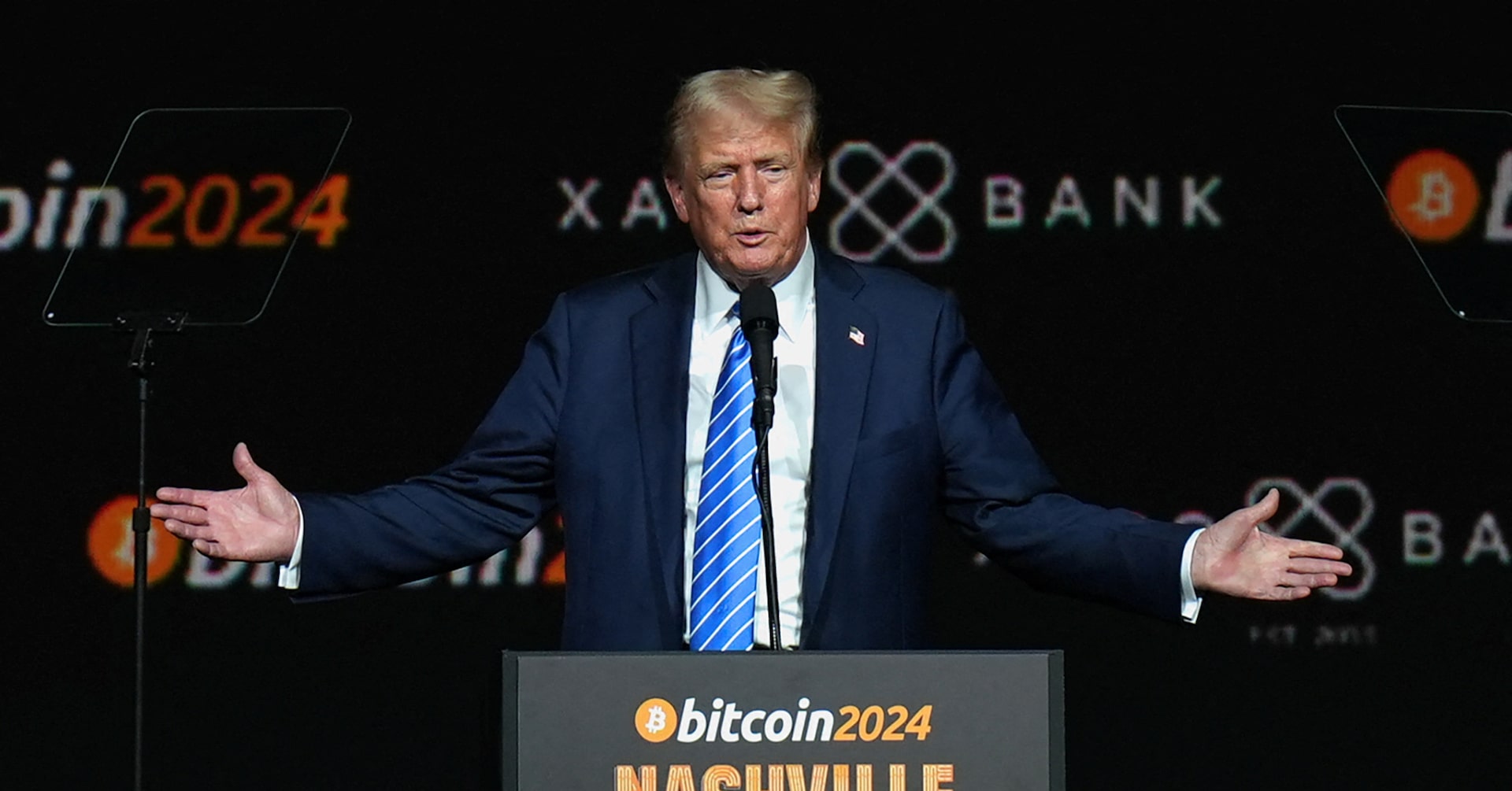Crypto Clash: Trump's Digital Dollars Spark Democratic Showdown

Cryptocurrency Legislation Hangs in the Balance as Capitol Hill Tensions Rise
The digital asset sector's legislative hopes are teetering on the edge of uncertainty as a high-ranking Democratic lawmaker dramatically halted efforts to advance a crucial cryptocurrency bill. On Tuesday, tensions surrounding President Donald Trump's cryptocurrency-related ventures reached a boiling point, potentially derailing any chance of passing meaningful legislation before the year's end.
The unexpected roadblock has sent shockwaves through the cryptocurrency community, casting doubt on the industry's immediate regulatory prospects. With key stakeholders watching closely, the political standoff threatens to leave the rapidly evolving digital asset landscape in a state of regulatory limbo.
As lawmakers continue to grapple with the complex intersection of technology, finance, and political interests, the fate of cryptocurrency regulation remains precariously balanced. The current impasse underscores the ongoing challenges of creating comprehensive legislative frameworks for emerging digital technologies.
